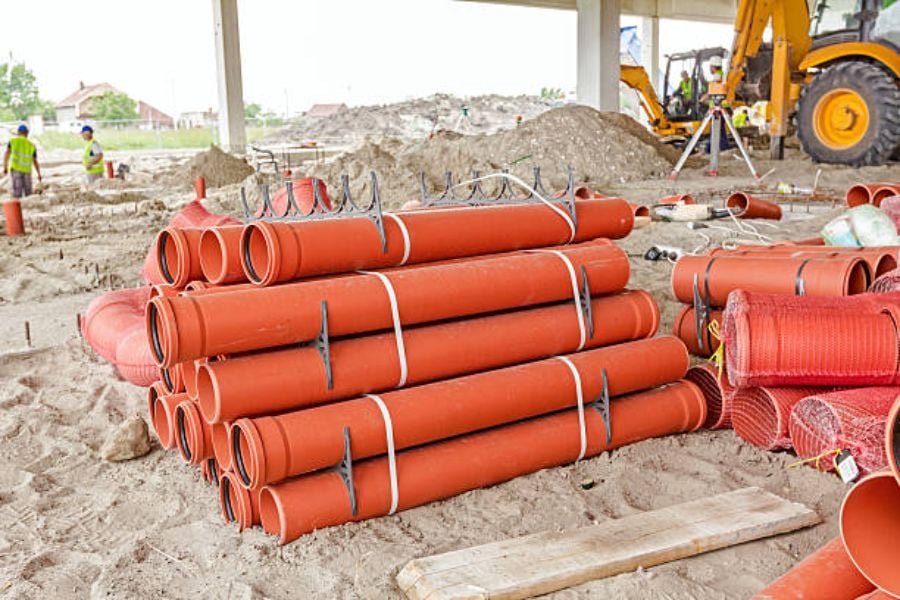Can you use CPVC for electrical?? Pros and Cons
When it comes to electrical installations, choosing the right wiring material is crucial for safety and efficiency. CPVC, or chlorinated polyvinyl chloride, is a popular choice for plumbing pipes, but can it also be used for electrical installations? In this article, we will discuss the pros and cons of using CPVC for electrical applications.
What is CPVC?
First, let's define what CPVC is. CPVC is a thermoplastic material that is produced by chlorination of PVC resin. The chlorination process gives CPVC enhanced heat resistance and allows it to handle higher temperatures than regular PVC pipes.
Pros of Using CPVC for Electrical
1. Heat resistance
CPVC is highly resistant to heat and can handle temperatures up to 200°F, making it ideal for electrical applications that require high heat resistance.
2. Corrosion resistance
CPVC is highly resistant to corrosion and will not corrode like metal pipes. This is especially important for electrical installations that are exposed to chemicals or other corrosive substances.
3. Easy to install
CPVC is lightweight and easy to install, making it a popular choice for plumbing and electrical installations. It can be easily cut and connected using solvents and fittings, and does not require any special tools.
4. Low cost
CPVC is relatively inexpensive compared to other materials such as copper or steel, making it an attractive option for budget-conscious projects.
Cons of Using CPVC for Electrical
1. Not a recognized standard
While CPVC is commonly used in plumbing applications, it is not a recognized standard for electrical installations. This means that using CPVC for electrical may not be in compliance with local building codes and could result in issues with insurance claims or home inspections.
2. Limited availability
CPVC is not as widely available as other wiring materials such as copper or aluminum, which can make it difficult to source or replace in case of repairs or upgrades.
3. Limited sizes and types
CPVC is typically available in smaller sizes than other wiring materials. It is also limited to certain types of electrical applications, such as conduit and junction boxes, and may not be suitable for other types of installations.
4. Less durable
CPVC is less durable than some other wiring materials, such as metal or PVC, and can crack or break if exposed to physical stress or impact. This makes it less suitable for environments where the wiring may be subjected to rough handling or frequent movement.
Conclusion
While CPVC does have some advantages for electrical applications, it is not a widely recognized standard for this use. Before using CPVC for electrical installations, it is important to check local building codes and consult with a licensed electrician to ensure compliance and safety. Consider the pros and cons carefully before choosing CPVC as your wiring material.

